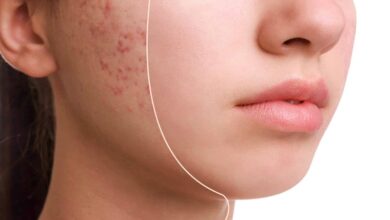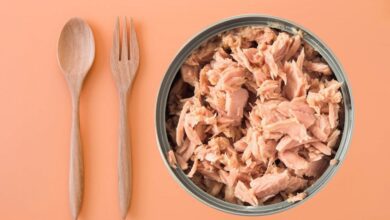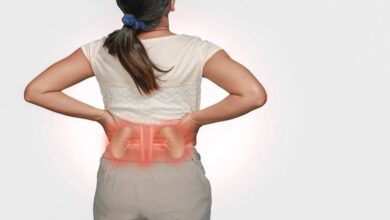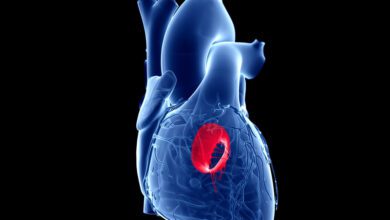5 warning signs that a woman is suffering from calcium deficiency

1
With many life circumstances that women go through, including pregnancy, childbirth, and breastfeeding, it is possible for the bodies of Eve’s daughters to suffer from calcium deficiency. It is worth noting that this medical condition is very common and may result in many complications. In more detail, we decided to learn today, through our following article, the 5 most important warning signs that indicate that a woman is suffering from a calcium deficiency.
Women and calcium deficiency
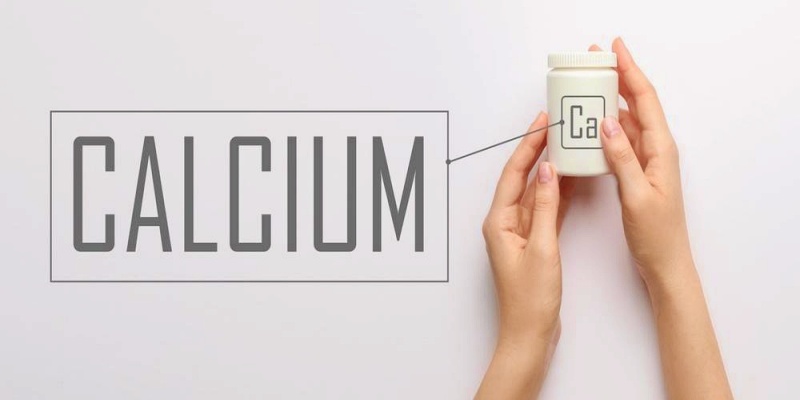

Women and calcium deficiency
In general, women, especially after menopause, need adequate amounts of calcium to maintain bone health. It is worth noting that if you habitually eat diets that contain low amounts of foods rich in calcium and vitamin D, this will exacerbate this health problem.
On the other hand, it is possible to resort to taking calcium supplements under medical supervision, as this is necessary to avoid suffering from some long-term health problems in women.
5 warning signs of calcium deficiency in women
1) Annoying premenstrual pain


Annoying premenstrual pain
Women with calcium deficiency often suffer from some pain before menstruation, which affects the body in general and the abdomen in particular.
For example, hypocalcemia can lead to severe symptoms of PMS (premenstrual period), where suffering from some hormonal disorders occurs. Hence, calcium supplements can be used, which play an effective role in managing these symptoms in the healthiest possible way.
2) Dental problems
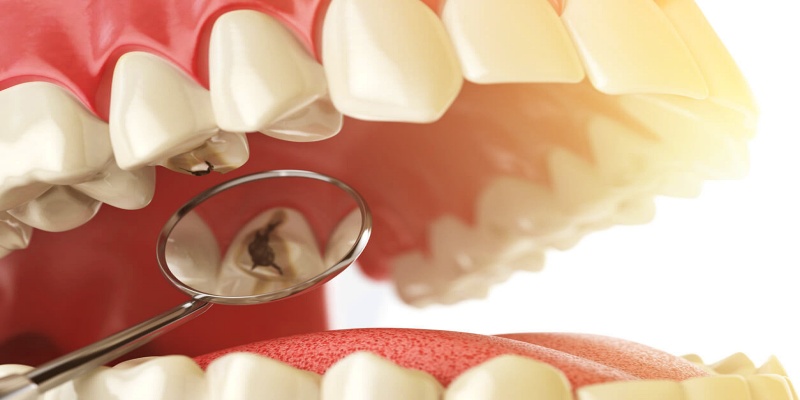

Dental problems
As we all know that calcium is a major and very important element in maintaining the efficiency of bones and teeth. It is worth noting that if the levels of this vitamin decrease in the body, this will result in the teeth suffering from inflammation and thus increasing the chances of tooth decay.
It should be noted that the matter is not limited to this only and may extend to increasing the risk of exposure to gum disease, even if oral hygiene is maintained continuously.
3) Muscle cramps


Muscle cramps
There is no doubt that calcium is one of the most important elements concerned with supporting muscle function, especially muscle contraction, and working to make them comfortable and relaxed.
Therefore, a lack of calcium in a woman’s body can lead to her suffering from muscle weakness, which may be represented by seizures and muscle spasms, and then she feels a lot of pain and discomfort.
4) Nails break easily
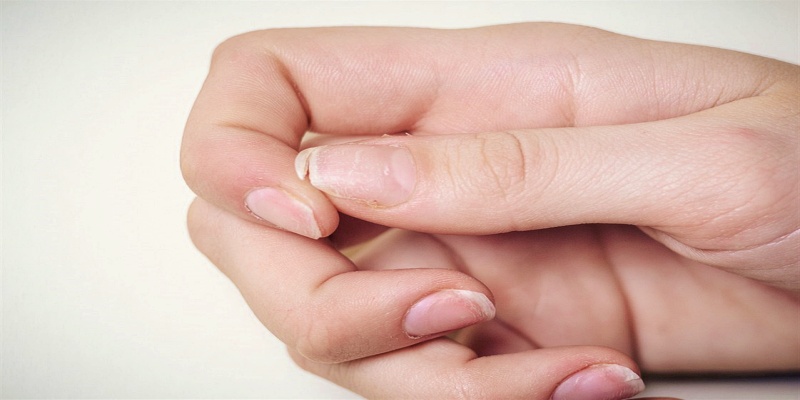

Nails break easily
Be careful, ma’am, that your nails are brittle, as this is one of the most important signs of calcium deficiency in the body. It should be known that calcium is a very important element for the health of nails, without which the nails always become weak and pale.
Therefore, it is necessary to pay attention to this apparent sign and immediately start adding calcium-rich foods or nutritional supplements to our diets.
5) Feeling constantly stressed and tired


Feeling constantly stressed and tired
If you become accustomed to low levels of calcium intake, this will lead to low energy levels even after getting enough sleep.
It is worth noting that calcium is mainly involved in the process of energy metabolism. If the amount of calcium in the body is low, this may lead to feeling tired and stressed for long periods.
Read also: What should a pregnant woman with calcium deficiency eat?
The most important complications that can affect a woman’s body due to calcium deficiency


The most important complications that can affect a woman’s body due to calcium deficiency
In general, calcium deficiency in women can lead to a number of serious complications, the most important of which is osteoporosis, which is a condition characterized by weak bones and an increased risk of fractures. It is worth noting that this is particularly common with women after menopause due to low estrogen levels.
Other complications of low levels of this element include decreased bone density, increased risk of bone pain, muscle spasms, and the possibility of rickets in severe cases.
In addition, calcium deficiency can also reduce oral health, leading to brittle teeth and a rapid increase in the risk of tooth decay. In addition to increasing the risk of suffering from cardiovascular problems such as high blood pressure.
Therefore, you should always try to eat a sufficient amount of calcium to maintain bone and cardiovascular health in general, and avoid many health complications
The effect of calcium deficiency on heart health
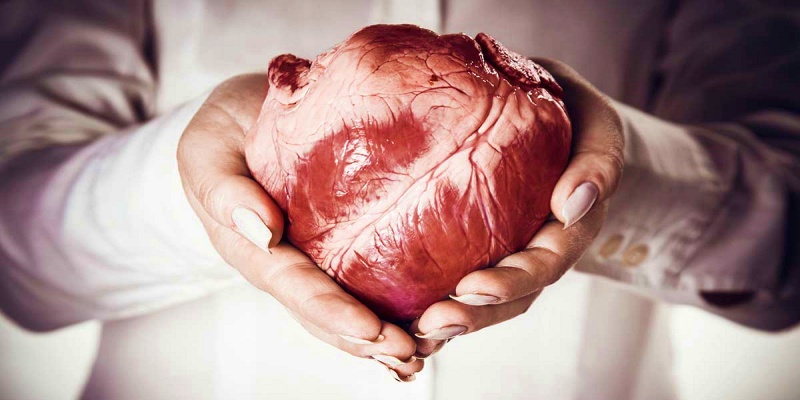

The effect of calcium deficiency on heart health
A lack of calcium in the body can have a serious impact on heart health, as it must be known that adequate calcium levels are necessary to maintain heart function, and this is because calcium plays an important role in muscle contraction, including the heart muscle.
Calcium deficiency can lead to many problems such as irregular heartbeat, which increases the risk of cardiovascular disease. In addition to the possibility of suffering from high blood pressure due to the role of calcium in dilating blood vessels.
It should be noted that consuming adequate amounts of calcium through diet or nutritional supplements, along with consuming a healthy amount of vitamin D to support calcium absorption, are very important for maintaining optimal cardiovascular health.
Causes of calcium deficiency in women
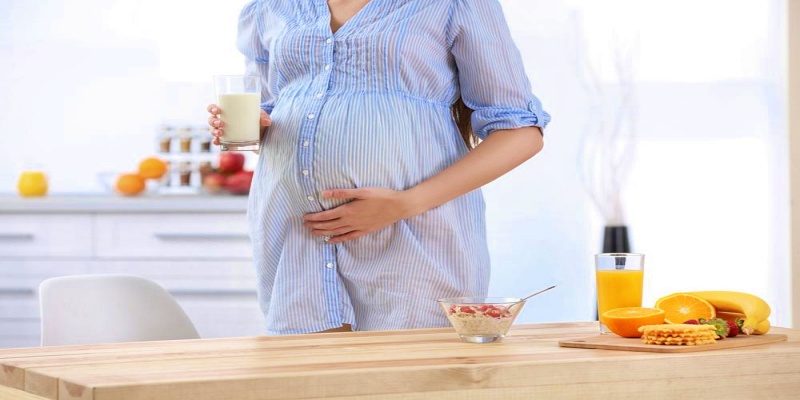

Causes of calcium deficiency in women
Calcium deficiency in women can occur due to a number of factors, which may include:
- Not eating enough calcium-rich foods such as dairy products and green vegetables.
- Vitamin D deficiency, which reduces calcium absorption.
- Hormonal changes such as menopause and other medical conditions such as hypothyroidism or chronic kidney disease.
- Drinking caffeine drinks at high levels.
- Prolonged use of certain medications such as corticosteroids.
- When going through periods of pregnancy and breastfeeding, these things will increase the body’s need.

